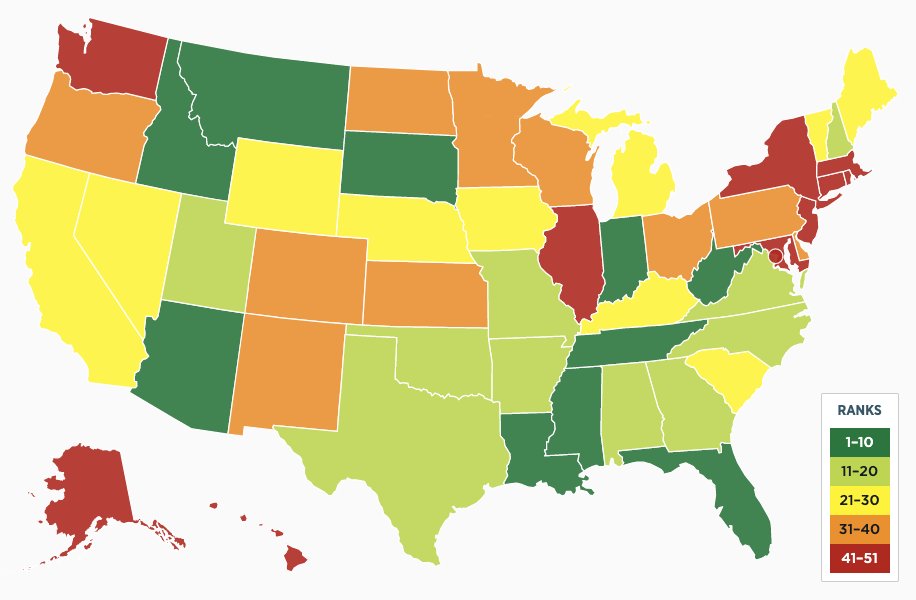
A couple of weeks ago, I came across the oft-cited phrase, “God helps those who help themselves.”
According to some, it is the most quoted Bible verse that cannot be found in the Bible. Its origins appear to date back to an Aesop fable. Its popularity in the United States is – ironically – attributed to Ben Franklin, a deist who didn’t even believe in a personal God. But Franklin was a printer, entrepreneur, and a tireless self-promoter. Even though he didn’t think God helped anyone, he probably thought the phrase would “stick” and be a hit among Puritans, Calvinists, and 18th-century entrepreneurs who were his readers.
And it was!
If you’re generous, you might think the “God helps those who help themselves” expression has good intent – that its goal is to motivate someone to work, seek, and act, and in doing so, show them that the more effort they make, the more good things will happen to and for them. It makes sense from a human perspective. Hard work leads to success. Laziness to ruin.
The problem I have with this “human perspective” is that it suggests we only help people who help themselves. It also begs an important question – who defines what constitutes the “help yourself” part?
For me, the expression is even more troublesome when you focus on the “God” part. “God helps those who help themselves” suggests that God loves and helps those who are hard-working. Lazy people, not so much.
That’s not the God I know. I am a Christian and can’t speak for Islam, Judaism, or Hinduism, but I don’t think these words would ever come out of the mouth of Jesus. I checked just to make sure. He didn’t. As I was going through the Gospel accounts, I read about a Jesus who helped and healed a lot of people in his time, mostly the lame, the blind, and the sick. Before he healed people, I’ve yet to read about him saying anything like:
“O.K., before I heal you, Jerry, I’ve got to ask, have you been helping yourself? I’m going through my notes, Jerry, and it doesn’t look like you’re doing much on the self-help front. I don’t think you’re trying hard enough! And if you’re not doing enough to help yourself, why should I help you? Sorry, Jerry, I don’t help the helpless. Try coming back after you’ve put in a bit more effort.”
The phrase “God helps those who help themselves” makes God small. It suggests our relationship with God is transactional, not relational. That we do things because that’s the “price” we pay to get God to like us and give us something. That if we try hard enough, God owes us something. I don’t think that is the way it works. At least I hope it isn’t.
Second, I look around, and the phrase lacks existential evidence. That is, it doesn’t fit with what I see around me. Do you know someone who worked hard, did everything right, went above and beyond, but despite all their efforts, got a bad deal at just about every turn? I do. Plenty. Good people. Worked hard. Put up with a lot of crap. Turned the other cheek. Went the extra mile. And they failed. Economically, socially, and physically. No one lent a hand. No one helped them up. I don’t see evidence that God’s help works that way.
Finally, I think the expression often gives rise to a form of “spiritual bypassing” – an easy excuse not to serve those in need because we think they aren’t doing enough to “help themselves.” It makes it easier to blame others for their own misery. It is a screen behind which people – and I include myself! – can hide and provide an easy excuse to sacrifice in support of others.
As I noted above, I can’t speak for other faiths and would welcome their thoughts. But if we’re to follow Jesus’ example, should we only “help people who help themselves?” I don’t think so. If we follow Jesus’ example, we help others regardless of merit, regardless of their effort. Indeed, Jesus’ example suggests that those who can’t or won’t help themselves are likely the most in need of having someone lend them a hand.
Unconditional. That is God’s love that I know.
And that is, I believe, the love we’re called to share.



 Everyone has their own way of peeling shrimp. Rita said the tail goes first. Then you grab the legs at the top of the shrimp and peel around in a circular motion. Once that’s done do something similar to the bottom half. That works for me … but you do you.
Everyone has their own way of peeling shrimp. Rita said the tail goes first. Then you grab the legs at the top of the shrimp and peel around in a circular motion. Once that’s done do something similar to the bottom half. That works for me … but you do you. At this point, you should have a hefty pot of gumbo. Boil then simmer. Once that’s past another sip of wine you add the basil, bay leaves, (very small) thyme, chili power (cayenne pepper is better), a dash of Worchester.
At this point, you should have a hefty pot of gumbo. Boil then simmer. Once that’s past another sip of wine you add the basil, bay leaves, (very small) thyme, chili power (cayenne pepper is better), a dash of Worchester.










